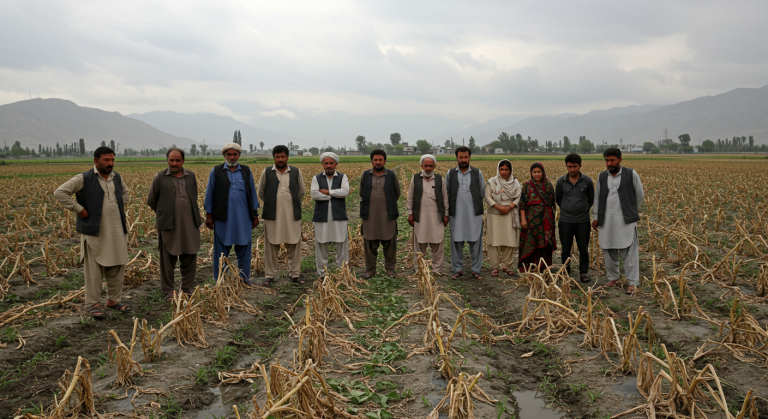Pakistan’s Response to the Israel–Iran Conflict: A Clear and Peaceful Stance
Recent headlines suggesting that “Pakistan attacked Israel” are misleading. In reality, Pakistan has taken a firm but non-military position—critical, diplomatic, and focused on regional peace, not confrontation.
Pakistan’s Consistent Condemnation of Israeli Aggression
In June 2025, Israel struck Iran’s military and nuclear sites. Pakistan reacted swiftly and strongly:
- President Asif Ali Zardari denounced the attacks as “a blatant violation of sovereignty and international law,” and called on the United Nations to take immediate action to hold Israel accountable.
- Prime Minister Shehbaz Sharif condemned the strikes, offered condolences to Iran, and called them a “grave and highly irresponsible act” that risks destabilizing the entire region.
- Foreign Minister Ishaq Dar echoed this view, asking the international community to act urgently to prevent further escalation.
Wider commentary emphasized how dangerous these actions are given Pakistan’s geographical and political proximity to Iran.
In broad terms, Pakistan made it clear: it condemns aggressive military action and stands for diplomacy, not war.
Denial of Nuclear Threats
A viral claim circulated that Pakistan pledged to use nuclear weapons against Israel if Israel attacked Iran first. This claim is false.
- Foreign Minister Ishaq Dar dismissed it as “fabricated” and irresponsible, confirming that Pakistan’s nuclear policy remains defensive and unchanged since 1998.
In short: Pakistan has not threatened Israel militarily. Its official stance remains firm—nuclear policy for deterrence only, not offense.
Monitoring Regional Fallout and Protecting Citizens
As the Israel–Iran conflict escalated, Islamabad moved cautiously to guard its own security interests:
- Pakistan closed five border crossings along Balochistan bordering Iran and facilitated the safe return of about 500 Pakistanis, including students and pilgrims.
- The government also set up a 24/7 crisis unit to ensure the safety of nationals in the region.
This approach reflects Islamabad’s responsibility to protect its citizens amid regional instability.
Diplomacy in Action
Pakistan has responded to rising tension with steady diplomacy:
- In late June 2025, the U.S. Secretary of State and PM Shehbaz Sharif discussed how to promote lasting peace between Israel and Iran.
- Pakistan has consistently voiced support for Iran’s right to self-defense, but within the bounds of international law and peace-oriented diplomacy.
- Pakistan also emphasized its desire for diplomatic solutions and neutral positioning—pressing for de-escalation and regional stability.
Pakistan’s Diplomatic Position: Clear and Balanced
While standing up for Iran’s sovereignty, Pakistan has also preserved relationships with Western powers and avoided regional militarization:
- Analysts note that Islamabad’s response is strategic: public condemnation, moral support for Iran, but no direct military involvement.
- Allowing for diplomatic play, Pakistan maintains close ties with both Iran and the U.S., avoiding taking sides in military terms.
Summary: Pakistan Did Not Attack Israel
To be absolutely clear: Pakistan has not attacked Israel—nor is there any credible evidence of such an action.
Instead, Pakistan has:
- Condemned Israeli strikes on Iran as violations of international law.
- Denied nuclear threats or military aggression toward Israel.
- Closed borders and evacuated citizens in response to regional tensions.
- Engaged in diplomatic efforts for peace between Iran and Israel.
- Taken a balanced stance, supporting law and order, while avoiding military entanglements.
Why This Matters
Pakistan’s position reflects a commitment to regional stability, peaceful diplomacy, and safeguarding its own national interests. Acting swiftly through statements, evacuations, and diplomatic outreach, Islamabad has shown that its path lies in navigation—not confrontation.






